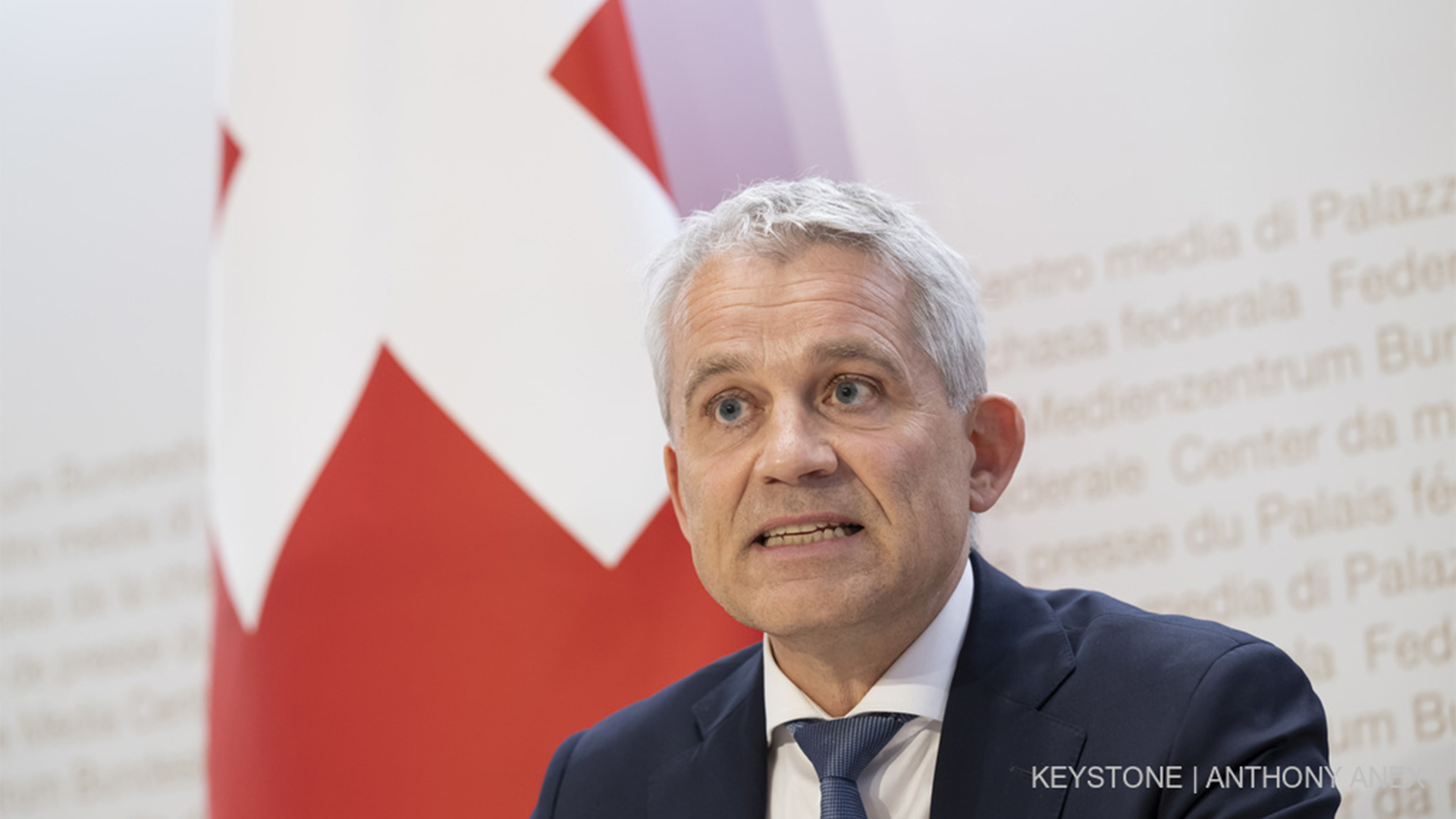Passenger Name Records Act: Fighting terrorism and other forms of serious crime
In the future Switzerland aims to use air passenger data to fight terrorism and other forms of serious crime more effectively. Comparing air passenger data with police information systems will make it more difficult for criminals to enter and leave Switzerland. The Federal Council is therefore drafting legislation on the processing of passenger name record data. The new legislation will contain strict data protection regulations.

Switzerland wants to create the legal basis for using air passenger data to combat terrorism and other forms of serious crime more effectively. Passenger name record (PNR) data contains information that is recorded by airlines when a person makes a booking, such as name, contact details (email address, telephone number), date of travel, itinerary, payment method and baggage details. This data, when compared with police information systems and transmitted to law enforcement authorities, opens up new possibilities for combating crime. For example, it allows the authorities to determine whether a person wanted by the police for committing serious crimes is planning to fly to or from Switzerland, and to apprehend them upon entry or departure. This makes PNR data an important tool in the fight against terrorism and other forms of serious crime.
Strict data protection
Air passenger data will only be used for the purpose of combating terrorism and other forms of serious crime. The new Passenger Name Records Act therefore contains strict data protection requirements that are based on a ruling by the European Court of Justice from summer 2022. For example, data that has been compared with police databases but does not turn up a match will be pseudonymised after one month and deleted at the latest after six months. Data that contains indications of terrorist activity or serious crime, on the other hand, may be retained for up to five years. PNR data may not be used to identify petty offences.
The data will be processed by the newly created and centralised Passenger Information Unit (PIU), which will be located at the Federal Office of Police (fedpol). Police services will not have direct access to the PNR data: if a comparison of PNR data with police information systems reveals a match, the result will be checked manually before being transmitted to the relevant federal and cantonal authorities for follow-up action.
Once the law comes into force, compliance with data protection regulations will be monitored by the Federal Data Protection and Information Commissioner (FDPIC). During the drafting of the bill, a data protection impact assessment (DPIA) was carried out in accordance with the new Data Protection Act, and the concerns of the FDPIC were taken into account.
International standards
The use of PNR data to combat terrorism and other serious crime is increasing worldwide. Some 70 countries have now established a national PNR system in accordance with three UN Security Council resolutions: Resolution 2178 (2014), Resolution 2396 (2017) and Resolution 2482 (2019). These international obligations are also binding for Switzerland.
Without its own PNR system, Switzerland could become a security vulnerability in Europe. For example, people who pose a threat to public security could fly to Switzerland and continue their journey undetected around the Schengen area by land. Switzerland, as an associated Schengen member state, must therefore help to safeguard Schengen’s external borders.
Protecting business interests
The use of PNR data also has an important economic dimension for Switzerland. As more and more countries require the exchange of PNR data, Swiss airlines risk being heavily fined or even having their landing rights withdrawn if they fail to transmit PNR data to these countries in the future. In the medium to long term, Switzerland could therefore lose some or all of its international air traffic connections. The United States, for example, has made the exchange of PNR data a condition for continuing participation in the Visa Waiver Program, which permits Swiss nationals to enter the US for business or tourism purposes for up to 90 days without a visa.
Way forward
The draft legislation has now been submitted to the Swiss parliament for consultation. If approved, the PIU should become operational in 2026, subject to a referendum. Since March 2024, Switzerland has also been negotiating an agreement with the EU to regulate the mutual exchange of PNR data. This requires a legal basis for the use of PNR data in Switzerland.
Further information
Last modification 15.05.2024





